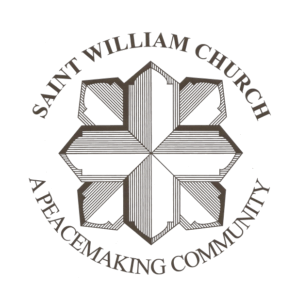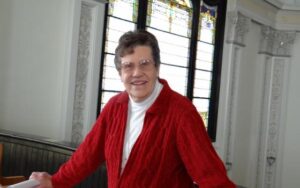Discerning Deacons Reacts to Release of Global Synod’s Working Document
The Sixteenth Ordinary General Assembly of the Synod of Bishops will discuss opening diaconate to women during October meeting
ROME —Today, the General Secretariat for the Synod of Bishops published the Instrumentum Laboris ahead of the Sixteenth Ordinary General Assembly of the Synod of Bishops scheduled for October. Amongst the issues being discussed in this Synod is women’s roles and access to the ordained permanent diaconate.
Casey Stanton, Co-Director of Discerning Deacons, released the following statement:
“As we continue on this path to become a more synodal, listening Church, the release of the Instrumentum Laboris marks a historic opportunity for the Church. For the first time, men and women, clergy and lay, will come together to formally consider how to rethink women’s participation in every aspect of Church life.
In the Church and in the ever-evolving context of its ministries in the world, we must make visible the service that women already provide. In fact, many women are already ministering as de facto deacons, addressing the pastoral needs created by a shortage of priests and religious sisters that otherwise force many parishes to merge or close. Admitting these women to the order of permanent deacons recognizes the charisms poured out by the Holy Spirit and offered in service to the needs of the People of God.
The question of women and the diaconate is a living conversation and an active discernment in our Church. In a listening, participatory and synodal Church, it is a question not only for Synods of Bishops and papal commissions, but it is a discernment for the entire people of God.”
Earlier this year, the Vatican announced it would invite women to add their voices as voting members to the Synod of Bishops. In previous synods women had only participated as non-voting auditors.
###
Discerning Deacons is a project grounded in the practices of relationship building, synodal listening and communal discernment. Its mission is to engage Catholics in the active discernment of our church around the question of women and the diaconate. It does this by working with church institutions (parishes, schools, universities, religious orders, alumni networks, and Catholic organizations) and growing the space for Spirit-filled and Spirit-led conversations.


